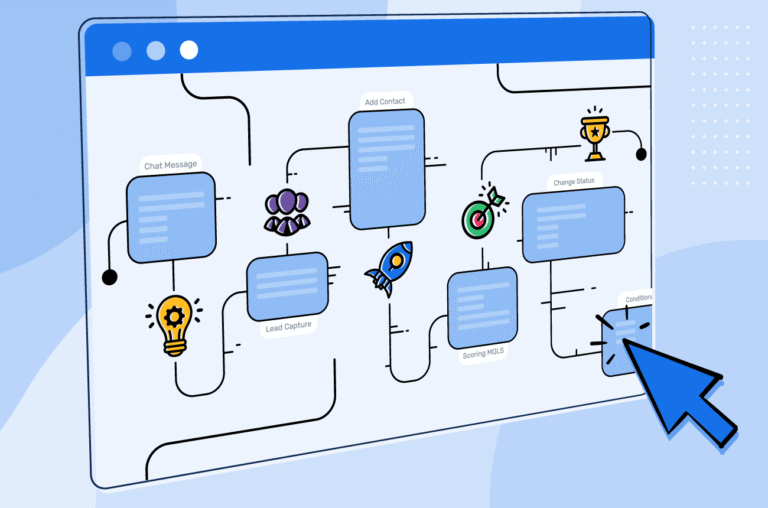On-Page SEO Best Practices for UK Businesses in 2025
In today’s competitive online market, ranking high on Google is no longer about keyword stuffing or backlinks alone — it’s about a complete on-page SEO strategy that ensures your website delivers a fast, user-friendly, and valuable experience.
At EPS Consultants, we’ve helped UK businesses transform their online visibility with smart, data-driven on-page SEO practices that align with Google’s latest algorithms and user intent.

1. Why On-Page SEO Still Matters in 2025
Google’s focus has shifted heavily toward user experience — Core Web Vitals, mobile responsiveness, and content quality are now key ranking factors. In 2025, on-page SEO is not just about optimizing for search engines — it’s about making your website useful, accessible, and easy to navigate for real people. Proper on-page SEO improves visibility, increases engagement, and boosts conversions.
2. Keyword Research: Finding the Right UK Search Terms
Effective on-page SEO starts with solid keyword research. Use tools like SEMrush, Ahrefs, and Google Keyword Planner to find high-intent keywords your UK audience is searching for.
Example: Instead of targeting generic terms like “dentist,” focus on location-based and service-specific keywords such as “cosmetic dentist in London” or “affordable dental implants Manchester.”
Analyse competitors ranking in the top results to identify keyword gaps and long-tail opportunities.
3. Meta Titles & Descriptions: First Impressions Count
Your meta title and meta description are the first things users see in search results — and they determine whether they’ll click through.
Best practices:
- Keep titles under 60 characters and descriptions under 160.
- Include your primary keyword naturally.
- Write compelling, benefit-driven descriptions (avoid keyword stuffing).
- Example: “Affordable SEO Services for UK Businesses | EPS Consultants”
Common mistake: Using the same meta tags across multiple pages — each page should have unique, descriptive metadata.
4. Headings Structure (H1, H2, H3): Organize Your Content
Headings aren’t just for formatting — they help both users and search engines understand content hierarchy.
- Use one H1 tag per page with your main keyword.
- Use H2s and H3s to structure supporting points.
- Keep headings short, descriptive, and relevant.
This improves readability and gives Google better context about your page.
5. Image Optimization & Alt Tags
Images enhance engagement but can slow down load times if not optimized.
Key practices:
- Compress images using tools like TinyPNG or WebP format.
- Use descriptive file names and alt text to help Google understand image content.
- Example: Instead of “IMG001.jpg,” use “dental-clinic-in-London.jpg.”
- Add captions when relevant to improve accessibility.
6. URL Structures & Canonical Tags
A clean, simple, and keyword-rich URL boosts SEO performance.
Best practices:
- Use short URLs (avoid numbers or symbols).
- Example:
/seo-services-ukinstead of/page?id=12345 - Always implement canonical tags to prevent duplicate content issues.
- Maintain consistent slugs and use hyphens instead of underscores.
7. Internal Linking & Content Silos
Internal linking helps distribute authority and keeps visitors on your site longer.
Create content silos by linking related blogs and service pages.
Example: Link your SEO Services page to your Digital Marketing or Web Design pages.
This improves crawlability and helps Google understand how your content is connected.
8. Mobile-First & Page Speed Optimization
With over 70% of searches coming from mobile devices, mobile optimization is no longer optional.
Steps to improve:
- Use responsive design.
- Minimize large scripts and heavy animations.
- Test performance with Google PageSpeed Insights and GTmetrix.
Fast websites not only rank higher but also reduce bounce rates and improve conversions.
9. Case Study: Before & After Optimization
A recent EPS Consultants project for a UK business saw organic traffic increase by 65% within 3 months after implementing full on-page SEO.
We fixed broken links, optimized headings, improved page speed, and restructured URLs — resulting in first-page rankings for 10+ competitive keywords and a 40% boost in conversion rate.
10. Conclusion & How EPS Consultants Can Help
At EPS Consultants, we don’t just follow SEO trends — we set them. Our on-page SEO strategies are built on data, experience, and proven results.
Whether you’re a startup or an established business, we can help you:
- Improve website visibility
- Increase organic traffic
- Generate consistent, qualified leads
Ready to optimize your website for 2025 and beyond?
👉 Contact EPS Consultants today for a free on-page SEO consultation.


